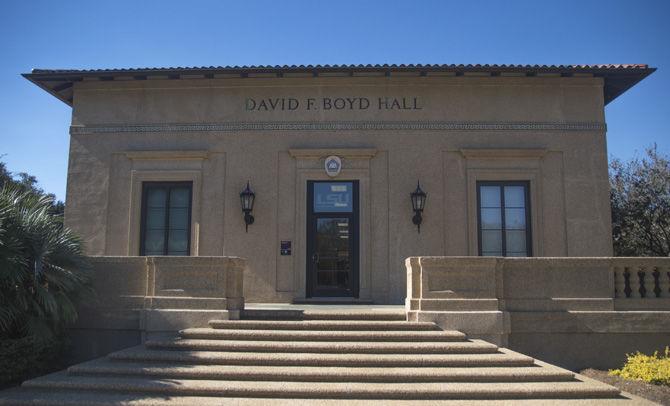On Nov. 16, the House of Representatives passed the “Tax Cut and Jobs Act,” the largest overhaul of our tax code in decades. The Republican-sponsored bill contains 440 pages of legislation affecting every corner of our economy and households.
If you are a graduate student or plan to attend graduate school in the future, the proposed tax bill should scare you. Tucked away in the bill is the repeal of a provision which exempts tuition waivers from taxation.
If you are unfamiliar with tuition waivers, they are a type of financial award that many graduate and Ph.D. students rely on to afford their education. Colleges waiver full or partial tuition expenses for students, and in return the students provide benefits to universities by teaching and performing research, among other merit-based waivers.
By not taxing tuition waivers, students don’t have to pay taxes on income they never really received, since the waivers only relinquish expected tuition payments. However, under the new tax plan, this will not be the case.
Let’s look at a hypothetical student who receives a tuition waiver of $30,000 along with a stipend of $20,000. Under our current tax code, the student would be taxed only on the $20,000 for an estimated taxes of $2,533. Under the new tax plan, the same student would be taxed on the full $50,000 for estimated taxes of $8,238.
This means our student would have to pay over 200 percent more in taxes, despite the same amount of spendable income. This would be the norm across the country, with some students saying their taxes would increase more than 300 percent.
This increase in taxes will make attending school nearly financially impossible for many of the 172,000 students who receive these benefits, according to the College and University Professional Association for Human Resources.
Samantha Hernandez, director of legislative affairs of the National Association of Graduate-Professional Students, simply stated “it would be devastating.”
However, there is some good news. The next step in this tax code overhaul is for the Senate to pass their own version of the tax bill — the good news being the repeal of tuition waiver tax exemptions is not included in their current proposal.
However, if the Senate passes its tax bill, both the Senate and the House will have to jointly reach an agreement on one piece of legislation, which means there is a high chance the tuition waiver repeal will make its way into final law.
The Senate plans to vote on its tax bill in the next couple of weeks, possibly as soon as Nov. 30, which means you don’t have much time to express your concern to your senators.
The best way for you to be heard is to call the offices of Republican senators on the Senate Committee on Finance, which includes Louisiana Sen. Bill Cassidy. This committee will play a large part in reconciling the differences between the Senate and House’s tax bills and writing the final legislation.
When speaking or writing to any lawmakers, tell them about your concern for the repeal of Section 117(d) of the current tax code, the provision that allows tax waivers to be excluded from taxable income.
This repeal is one of thousands of proposed changes to our tax code. Unless students speak up, it will be drowned out and forgotten.
Jay Cranford is a 23-year-old finance senior from St. Simons Island, Georgia.





